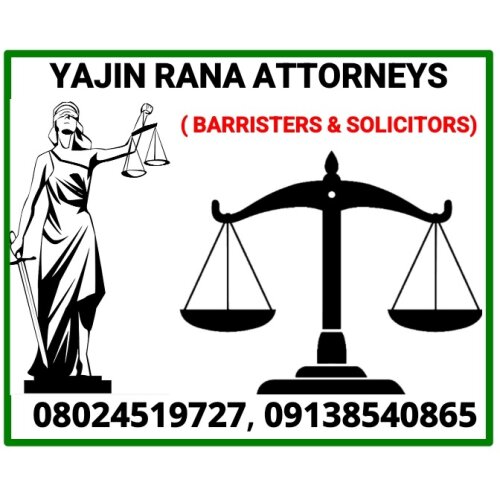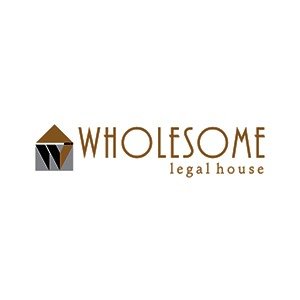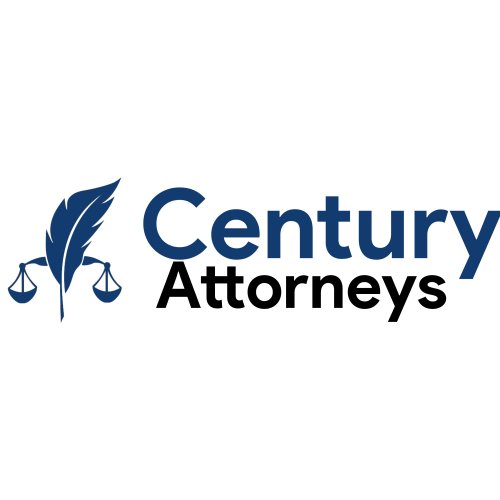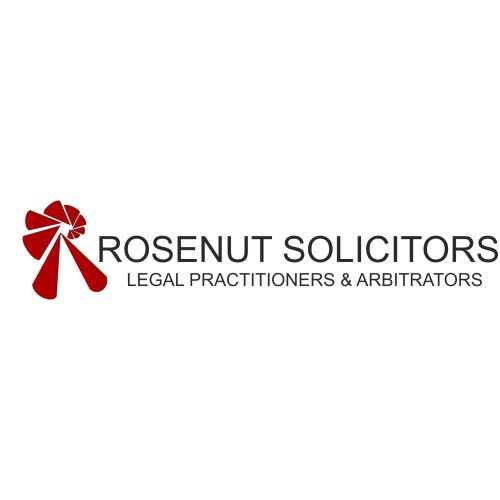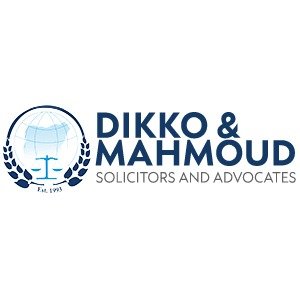Best Trademark Lawyers in Kano
Share your needs with us, get contacted by law firms.
Free. Takes 2 min.
List of the best lawyers in Kano, Nigeria
Nigeria Trademark Legal Questions answered by Lawyers
Browse our 1 legal question about Trademark in Nigeria and read the lawyer answers, or ask your own questions for free.
- When is best for an author of a literary work to register copy right, and engage a copy right lawyer, will it be before sending their manuscript to a publisher or After sending in Thier manuscript to a publisher?
- Should the author of a literary work register copy right and engage the service of a copy right lawyer before sending in their manuscript to a publisher or After sending in their manuscript to a publisher
-
Lawyer answer by Highlaw Chambers
It is generally recommended for authors to register copyright sending their manuscript to a publisher to establish ownership and protect their rights.
Read full answer
About Trademark Law in Kano, Nigeria
Trademark law in Kano, Nigeria, falls under the federal system, governed by the Trademarks Act of 1965. A trademark is a recognizable sign, design, or expression which identifies products or services of a particular source from those of others. In Kano, as in the rest of Nigeria, trademarks encompass logos, brand names, symbols, and other distinguishing features used in commerce. The purpose of trademark law is to prevent confusion in the marketplace by ensuring that consumers can reliably identify the source of goods and services.
Why You May Need a Lawyer
In the realm of trademarks, there are numerous situations where engaging a lawyer's expertise can be crucial. If you're planning to register a new trademark, navigating the application process with the federal trademark office can be complex and require legal insight to ensure all requirements are met. If you face a trademark infringement, a lawyer can help enforce your rights or advise on defense strategies if you’re accused of infringement. Additionally, legal professionals can assist with trademark renewals, which are necessary every seven years in Nigeria, and provide guidance on expanding your trademark protections internationally.
Local Laws Overview
Trademark laws in Kano are guided by national regulations as there isn't a local legislative framework specific to Kano for intellectual property. The Trademarks Act outlines the registration process, the rights of a trademark owner, and actions against infringement. It mandates that trademarks must be distinctive and not deceptive, scandalous, or similar to existing marks. Kano, being an economic hub, sees active enforcement and application of the national trademark laws, making local legal advice pivotal for compliance and protection.
Frequently Asked Questions
What is the process for registering a trademark in Kano?
To register a trademark in Kano, you must file an application with the Trademarks, Patents, and Designs Registry under the Federal Ministry of Industry, Trade, and Investment. This involves submitting a form alongside the required fees and a representation of the mark.
Can I register a trademark for free?
No, registering a trademark in Nigeria involves fees, including filing and classification fees, which may vary depending on the nature and classes under which the trademark is filed.
How long does it take to complete the trademark registration process?
The process can take several months to over a year, primarily due to the examination for compliance with statutory requirements and publication in the Trademarks Journal for opposition purposes.
What is trademark infringement?
Trademark infringement occurs when there is unauthorized use of a trademark or a confusingly similar mark on competing or related goods and services, causing confusion among consumers.
What should I do if my trademark is being infringed?
You should consult a trademark lawyer to explore enforcement actions, which may include sending a cease-and-desist letter or filing a lawsuit to seek injunctions and damages.
How can I oppose a trademark application?
If you believe a trademark published in the Trademarks Journal infringes upon your rights, you can file an opposition within two months from the date of publication.
Can a foreign business register a trademark in Nigeria?
Yes, foreign businesses can register trademarks in Nigeria, often requiring representation by a local attorney to facilitate the process under Nigerian law.
What happens if I don’t renew my trademark?
If you fail to renew your trademark when due, which is required every seven years, your trademark may be cancelled, and you may lose the exclusive rights to its use.
Is it possible to assign or transfer a trademark?
Yes, trademarks can be assigned or transferred to another party, but this must be done formally and recorded with the Trademarks Registry to be legally effective.
Can I protect my unregistered trademark?
Protection is more challenging for unregistered trademarks, but you may still have some rights under the common law doctrine of passing off, which requires proving goodwill, misrepresentation, and damage.
Additional Resources
Several resources can aid those in need of legal advice regarding trademarks in Kano. The Trademarks, Patents, and Designs Registry offers official guidance and resources. The Nigerian Bar Association, with branches in Kano, can recommend competent intellectual property lawyers. Additionally, organizations like the African Regional Intellectual Property Organization (ARIPO) provide broader insight into trademark issues relevant in the region.
Next Steps
If you require legal assistance with trademarks in Kano, start by consulting a lawyer specializing in intellectual property. They can provide an initial assessment of your situation and recommend tailored strategies. It’s important to ensure all application and legal processes are handled correctly to maximize the protection afforded to your trademark. Consider attending informational meetings or seminars hosted by legal groups in Kano to stay informed about evolving trademark policies and practices.
Lawzana helps you find the best lawyers and law firms in Kano through a curated and pre-screened list of qualified legal professionals. Our platform offers rankings and detailed profiles of attorneys and law firms, allowing you to compare based on practice areas, including Trademark, experience, and client feedback.
Each profile includes a description of the firm's areas of practice, client reviews, team members and partners, year of establishment, spoken languages, office locations, contact information, social media presence, and any published articles or resources. Most firms on our platform speak English and are experienced in both local and international legal matters.
Get a quote from top-rated law firms in Kano, Nigeria — quickly, securely, and without unnecessary hassle.
Disclaimer:
The information provided on this page is for general informational purposes only and does not constitute legal advice. While we strive to ensure the accuracy and relevance of the content, legal information may change over time, and interpretations of the law can vary. You should always consult with a qualified legal professional for advice specific to your situation.
We disclaim all liability for actions taken or not taken based on the content of this page. If you believe any information is incorrect or outdated, please contact us, and we will review and update it where appropriate.



